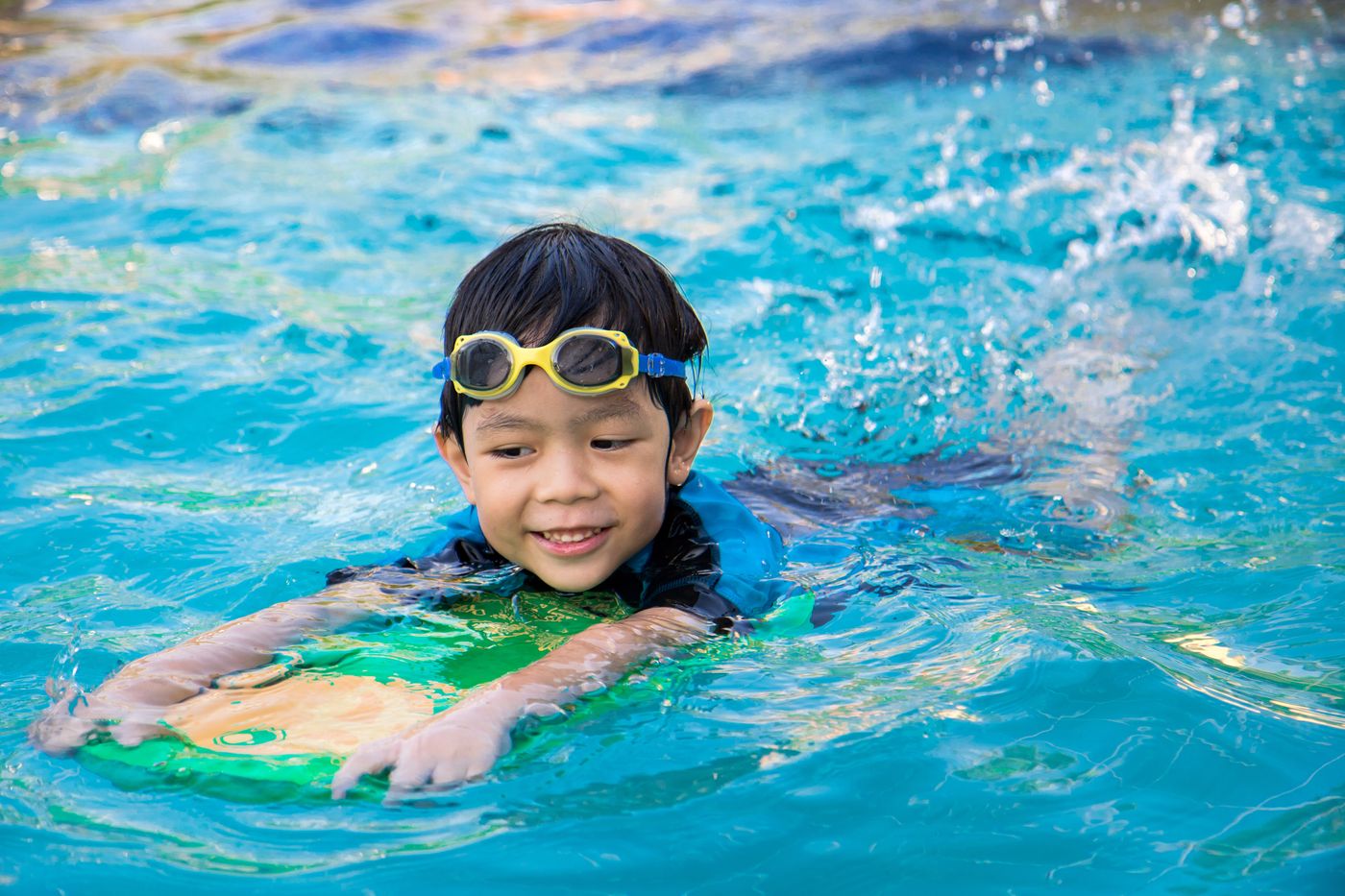Swimming is not only a valuable life skill but also a fantastic way to stay fit and healthy. Whether you're a child or an adult, learning to swim can be an enjoyable and rewarding experience. As a beginner, mastering certain essential skills is crucial to becoming a confident and competent swimmer. Here are five essential skills every beginner swimmer should aim to master:
1. Floating
Floating is a fundamental skill that every beginner swimmer should strive to master. It not only helps build water confidence but also serves as the foundation for learning other swimming strokes. Being able to float effortlessly on the water's surface provides a sense of security and relaxation, making it easier to progress to more advanced skills. There are various floating techniques, including back float, front float, and survival float, each offering unique benefits and helping swimmers develop essential balance and coordination in the water.
2. Kicking
Learning proper kicking techniques is another essential skill for beginner swimmers. Effective kicking not only propels the body through the water but also helps maintain balance and stability. Beginners should focus on developing a strong and steady kick, whether it's for freestyle, breaststroke, or backstroke. Practicing kicking drills and exercises can significantly improve leg strength and overall swimming efficiency, laying a solid foundation for mastering different swimming styles.
3. Breathing Control
Mastering breathing control is vital for beginner swimmers as it directly impacts their comfort and endurance in the water. Proper breathing techniques not only ensure a steady oxygen supply but also contribute to efficient stroke execution. Beginners should practice rhythmic breathing patterns and learn to coordinate their breathing with their arm and leg movements. For instance, in freestyle swimming, side breathing is a critical skill that allows swimmers to inhale without interrupting their stroke rhythm, enabling them to swim longer distances with ease.
4. Water Safety and Awareness
While learning to swim, beginners must also develop water safety awareness to ensure their well-being in aquatic environments. Understanding basic water safety rules, such as never swimming alone, recognizing lifeguards, and staying within designated swimming areas, is crucial for every novice swimmer. Additionally, developing an awareness of water depth, currents, and potential hazards enhances a swimmer's ability to make informed decisions and stay safe while enjoying aquatic activities.
5. Basic Stroke Techniques
Acquiring basic stroke techniques is essential for beginner swimmers to progress and enjoy a variety of swimming styles. While there are several swimming strokes, including freestyle, breaststroke, backstroke, and butterfly, beginners should initially focus on mastering the fundamentals of one or two strokes. Developing proper arm movements, body positioning, and coordination with breathing is key to swimming efficiently and with ease. As swimmers gain proficiency in basic stroke techniques, they can gradually expand their repertoire and explore more advanced swimming styles.
In conclusion, mastering these essential skills lays a solid foundation for beginner swimmers to build upon as they progress in their swimming journey. By focusing on floating, kicking, breathing control, water safety, and basic stroke techniques, novice swimmers can develop the confidence and competence necessary to enjoy swimming as a lifelong activity.
Remember, learning to swim takes time and patience, so be sure to practice these skills regularly and seek guidance from qualified swimming instructors to ensure a safe and enjoyable learning experience. Happy swimming!

